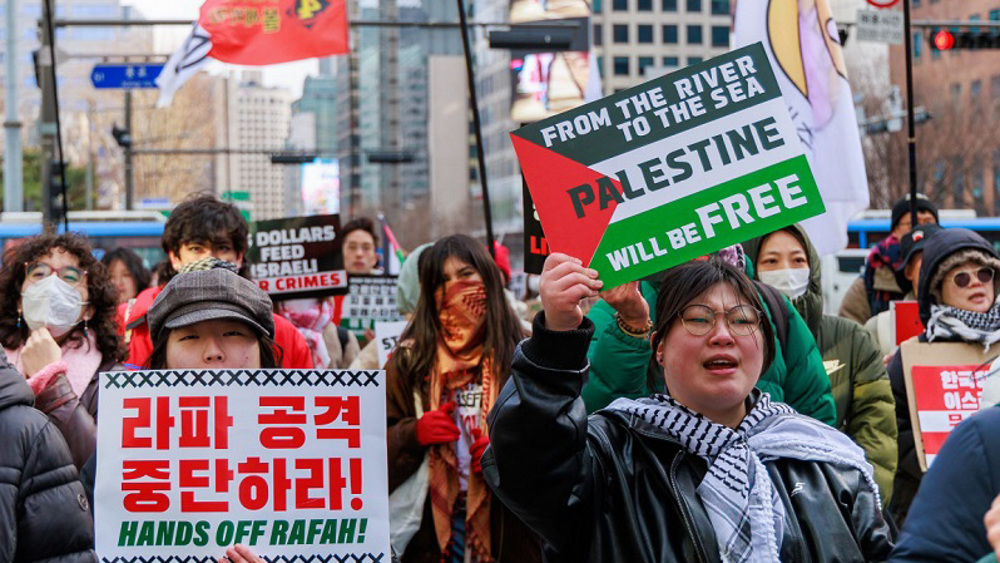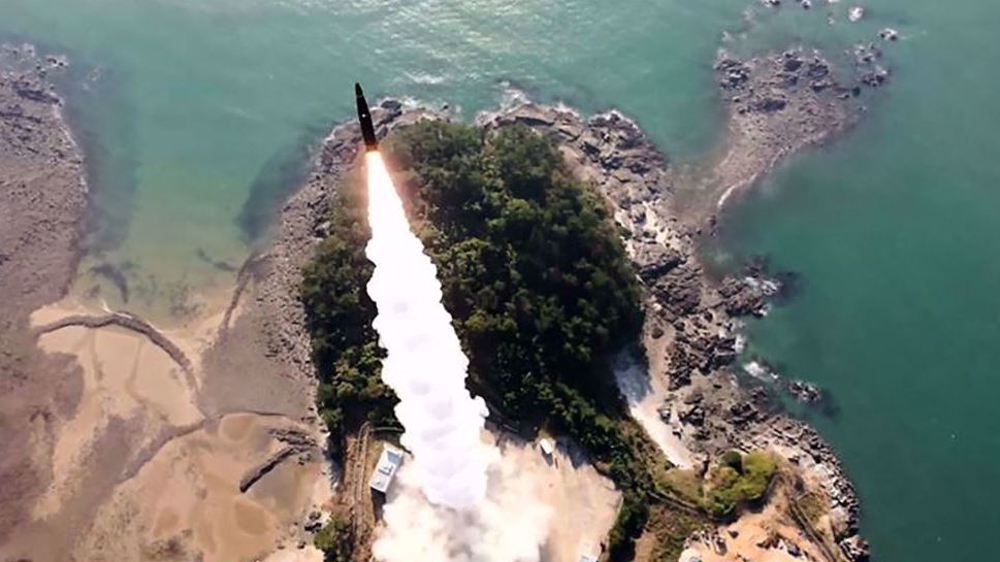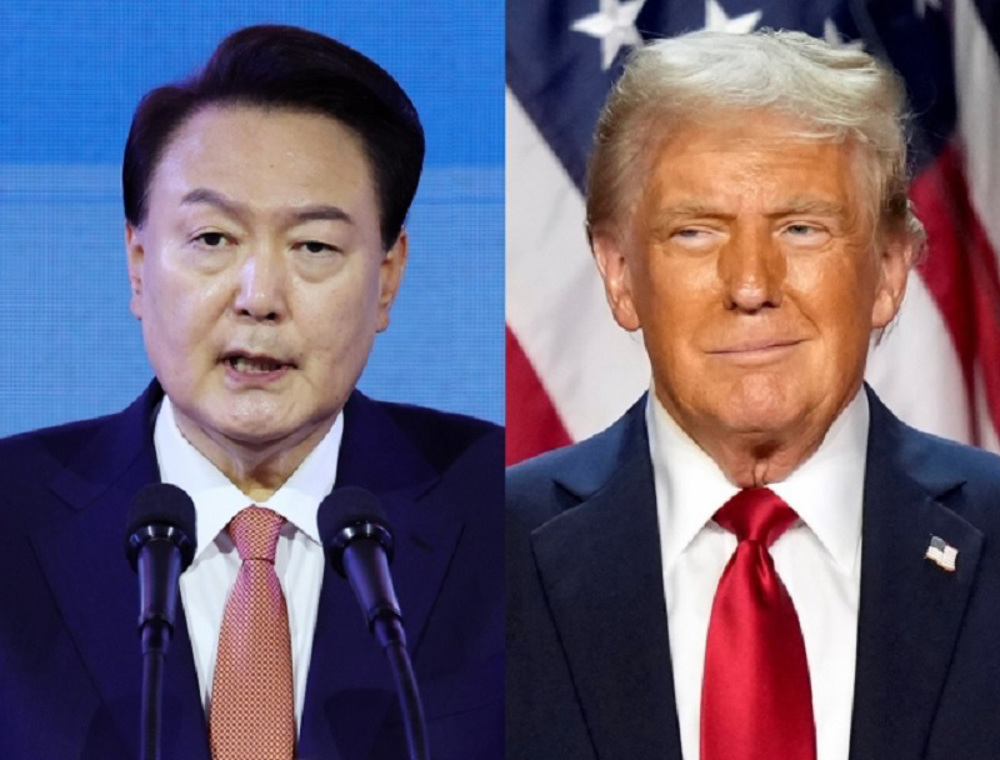UN blacklists dozens of ships, companies over North Korea links
The United Nations Security Council (UNSC) has blacklisted dozens of vessels and shipping companies accused of helping North Korea circumvent sanctions, exerting further pressure on Pyongyang at a time when North’s leader Kim Jong-un plans to meet with the South Korean and US presidents in coming months.
Acting on a request from Washington, the UNSC’s North Korea sanctions committee on Friday blacklisted 15 North Korean ships, 12 non-North Korean ships, 21 shipping companies and a Taiwanese man, said a Security Council diplomat, speaking on condition of anonymity.
The sanctions approved just days after Kim met Chinese President Xi Jinping in a historic visit to China and announcement that the North’s leader would meet South Korean President Moon Jae-in on April 27, and is also scheduled to meet American President Donald Trump sometime in May.
While Trump has expressed his agreement to meet with Kim, he tweeted on Wednesday that “maximum sanctions and pressure must be maintained.”
The newly-designated sanction are considered as the largest-ever package of sanctions adopted against North Korea. US Ambassador to the UN Nikki Haley said the UN sanctions designations were aimed at shutting down North Korea’s purported illegal smuggling activities to obtain oil and banned commodities, and sell coal.
“The approval of this historic sanctions package is a clear sign that the international community is united in our efforts to keep up maximum pressure on the North Korean regime,” she said in a statement.
The 12 non-North Korean vessels are now under a global port ban and must be deregistered, while the 15 North Korean ships, including oil tankers and cargo vessels, are subjected to an asset freeze and 13 of those a global port ban.
According to the UN listing, the Taiwanese businessman, identified as Tsang Yung Yuan, is accused of coordinating “North Korean coal exports with a North Korean broker operating in a third country, and he has a history of other sanctions evasion activities." He is also subjected to an asset freeze and travel ban.
The assets of the 21 shipping companies, which include businesses based in the Marshall Islands, Singapore, Panama and Samoa, must now be frozen.
The Korean dispute intensified when North Korea decided last summer to begin a series of tests for its long-range missiles and a powerful nuclear test, which prompted increased international pressure on Pyongyang to give up its nuclear and missile programs.
North Korea, already under numerous harsh UN and other international sanctions, has resisted the pressure campaign led by Washington to try to force Pyongyang to halt its weapons program. It has vowed to keep up the development of its weapons programs as a deterrent against foreign aggression, including by the US, which has substantial offensive military presence in the region.
Leader: All captains of criminal, Zionist, terrorist gang must be prosecuted
Iran further raises its oil prices for Chinese buyers: Report
Iran to launch major pressure-boosting projects in South Pars
VIDEO | Escalation amid ceasefire talks
EU's Borrell says ICC arrest warrants for Israeli leaders binding
VIDEO | Press TV's News Headlines
VIDEO | Massacre in Pakistan’s Parachinar sparks outrage
Iran decries US intervention in Venezuela’s internal affairs











 This makes it easy to access the Press TV website
This makes it easy to access the Press TV website